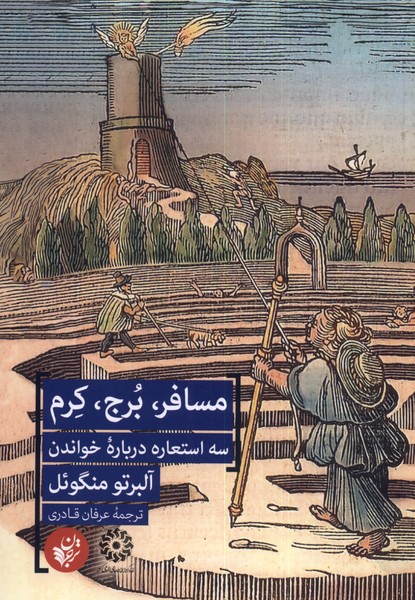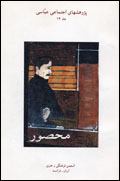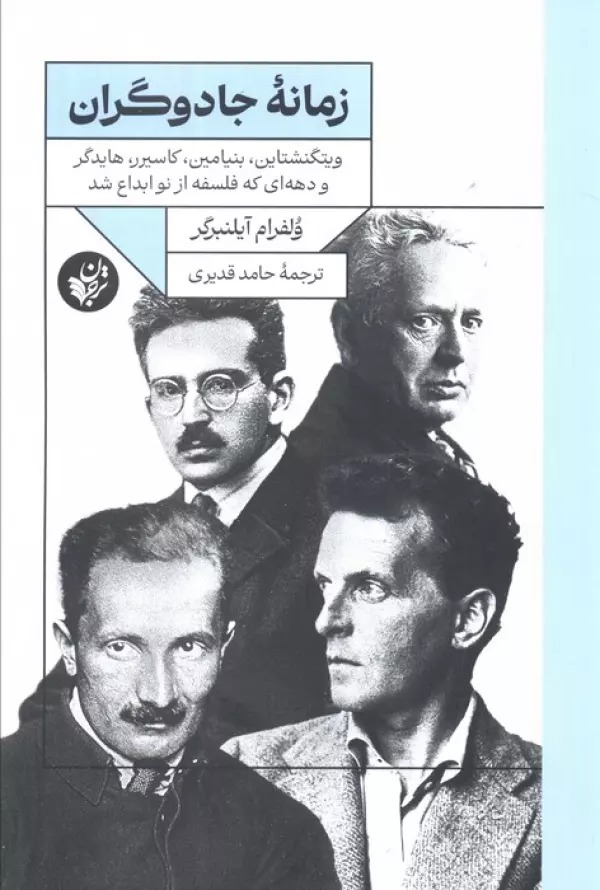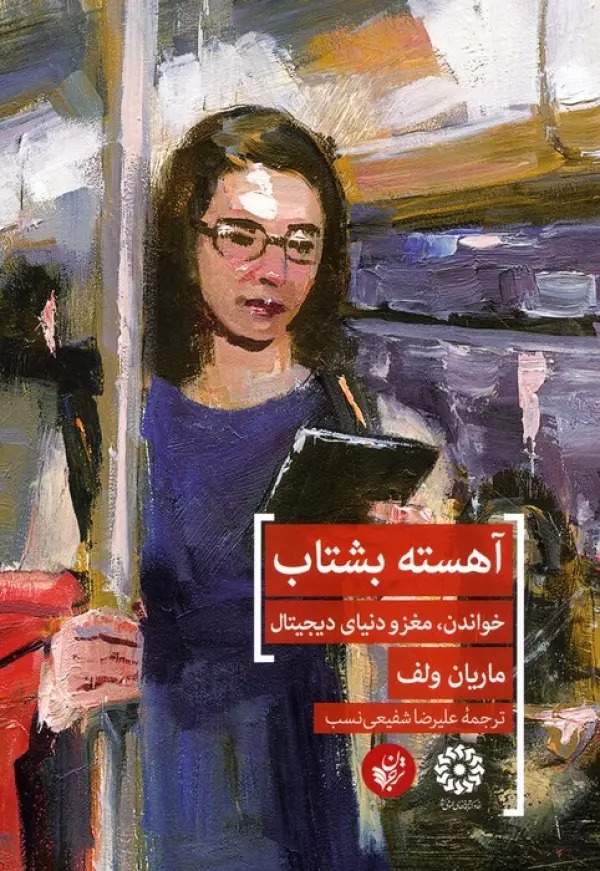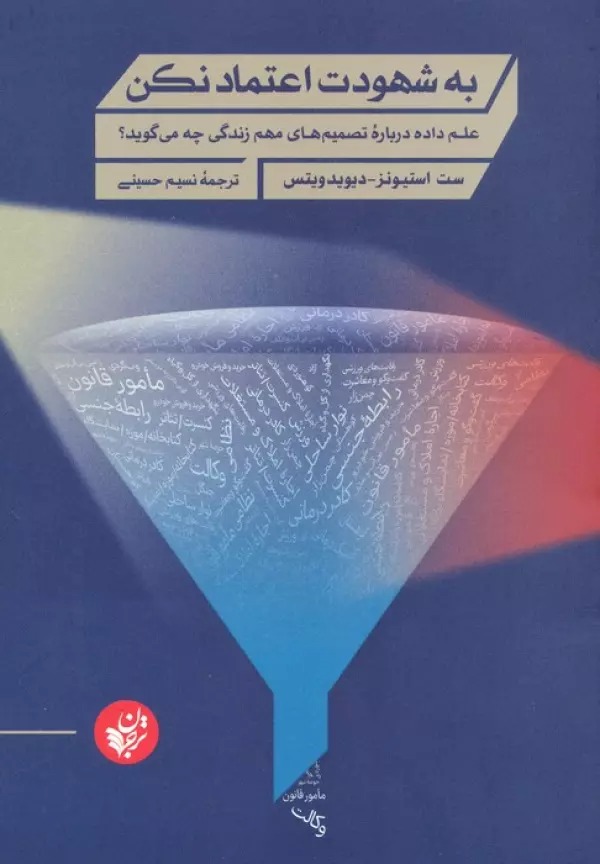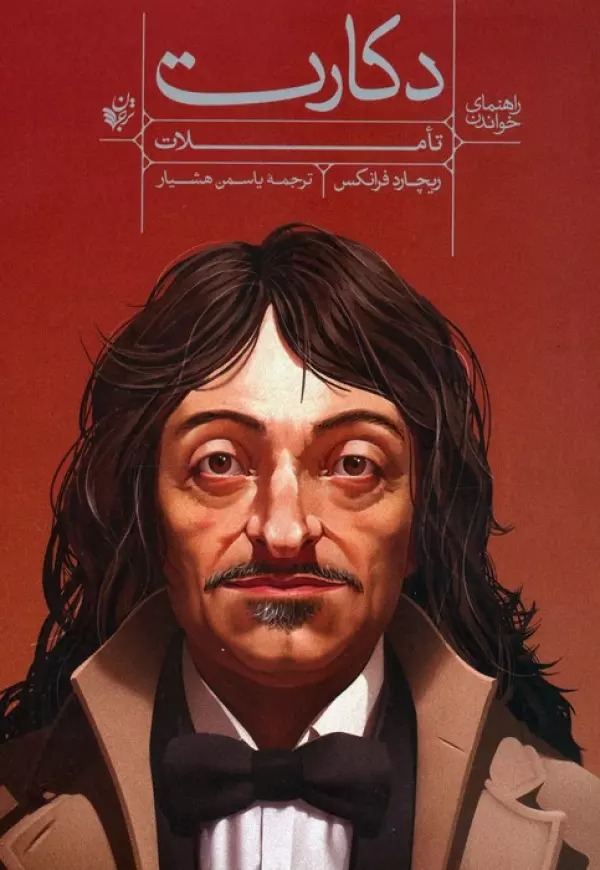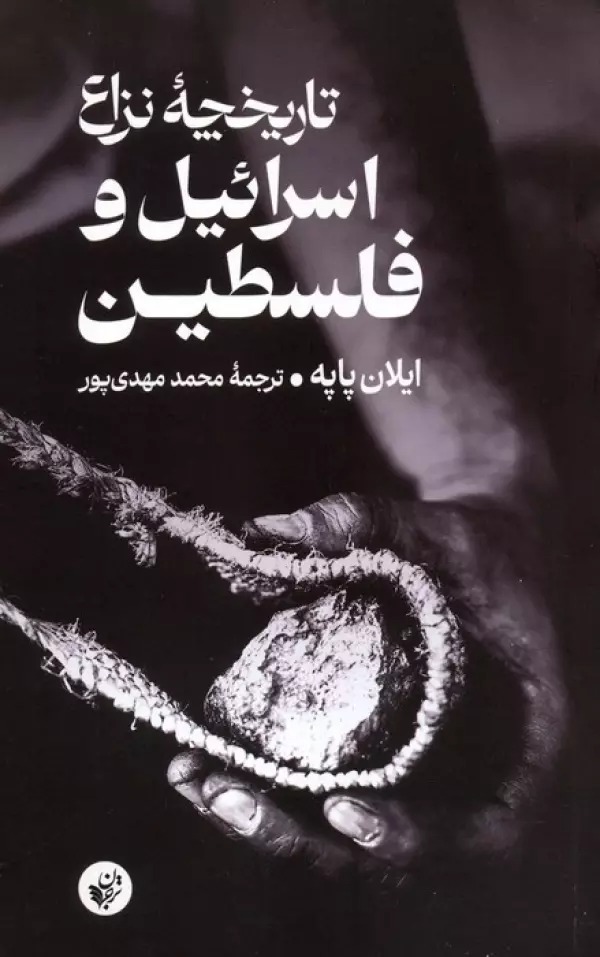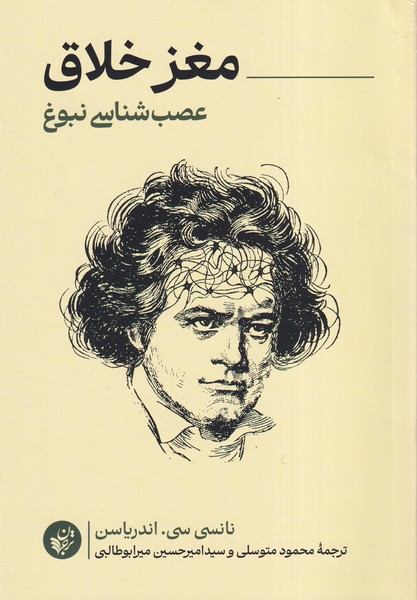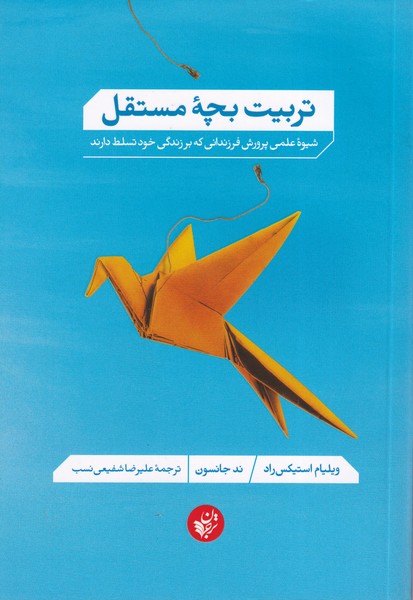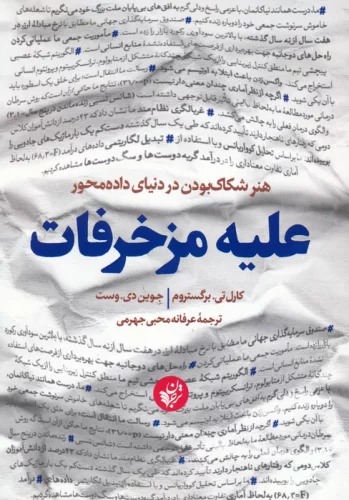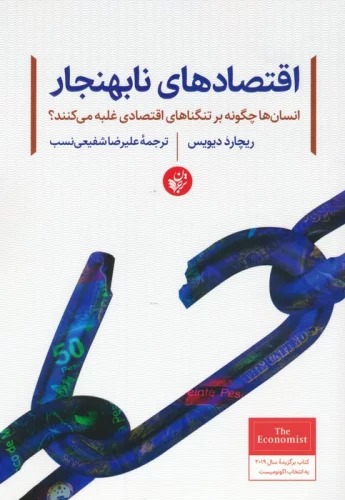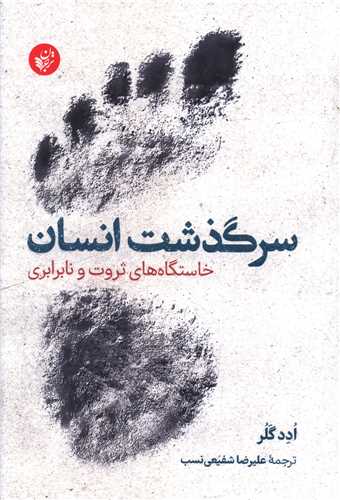Musāfir, burj, kirm (sah isti'ārah darbārah-yi khvāndan): Persian 1401
مسافر، برج، کرم (سه استعاره دربارهی خواندن)
187 SEK
Share
Wishlist
Original Title:
The Traveler
,
the Tower
,
and the Worm: The Reader as Metaphor
ISBN:
9786225734173
Translator:
'irfān Qādirī
Publisher:
Tarjuman-i 'Ulum-i Insani
Age Group:
Adult
Pages:
120
Weight:
142 g
Dimensions:
14 x 21 x 1.1 cm
Book Cover:
Paperback
As far as we can tell, humans are the only species for whom the world of stories seems to be made, writes Alberto Manguel. We read the book of the world in different ways: we may be travelers, moving through its pages like pilgrims on their way to enlightenment. We may be hermits, retreating to our own ivory towers through reading. Or we may devour our books like burrowing worms, not to benefit from their wisdom, but simply to fill ourselves with countless words.
The best-selling author of "Reading History" and "The Library at Night" weaves a chain of metaphors that describe readers and their relationship to the text that is the world in four dimensions with consummate subtlety and extraordinary breadth. Millennials with familiar and diverse figures such as Don Quixote and Dante the Pilgrim, who takes us from the depths of hell to the glimmer of heaven, as well as Prince Hamlet, who is paralyzed by his learning, and Emma Bovary, who makes mistakes. Manguel charts the ways in which literary figures and their interpretations reflect both changing attitudes toward readers and reading and recurring notions of the role of the intellectual: "We read creatures. We eat words. We are made of words. . . ." It is through words that we identify our reality and it is through words that we identify ourselves."
more
آلبرتو منگوئل می نویسد تا آنجا که می توان گفت، انسان ها تنها گونه ای هستند که به نظر می رسد جهان از داستان ها برای آنها ساخته شده است. ما کتاب جهان را به شکلهای مختلف میخوانیم: ممکن است مسافری باشیم که مانند زائرانی که به سوی روشنگری میروند در صفحات آن پیش میرویم. ما ممکن است گوشه نشین باشیم و از طریق خواندن به برج های عاج خودمان عقب نشینی کنیم. یا ممکن است کتابهایمان را مانند کرمهای حفاری ببلعیم، نه برای بهرهمندی از حکمت آنها، بلکه صرفا برای اینکه خودمان را با کلمات بیشمار پر کنیم.
نویسنده پرفروش «تاریخ خواندن» و «کتابخانه در شب» با ظرافت کامل و گستردگی فوقالعاده، زنجیرهای از استعارهها را در نظر میگیرد که خوانندگان و روابط آنها را با متنی که جهان است در چهار گستره توصیف کرده است. هزاره ها با چهره هایی آشنا و متنوع مانند دن کیشوت و دانته زائر که ما را از اعماق جهنم تا درخشش بهشت می برد، و همچنین شاهزاده هملت که از آموختن او فلج شده است، و اما بواری که اشتباه می کند. منگوئل روشهایی را ترسیم میکند که شخصیتهای ادبی و تفاسیر آنها هم تغییر نگرش نسبت به خوانندگان و خواندن و هم تصورات تکرار شونده در مورد نقش روشنفکر را منعکس میکنند: "ما موجوداتی را میخوانیم. کلمات را میخوریم. ما از کلمات ساخته شدهایم... از طریق کلمات است که واقعیت خود را شناسایی میکنیم و با کلمات است که خودمان شناسایی میشویم."
more

